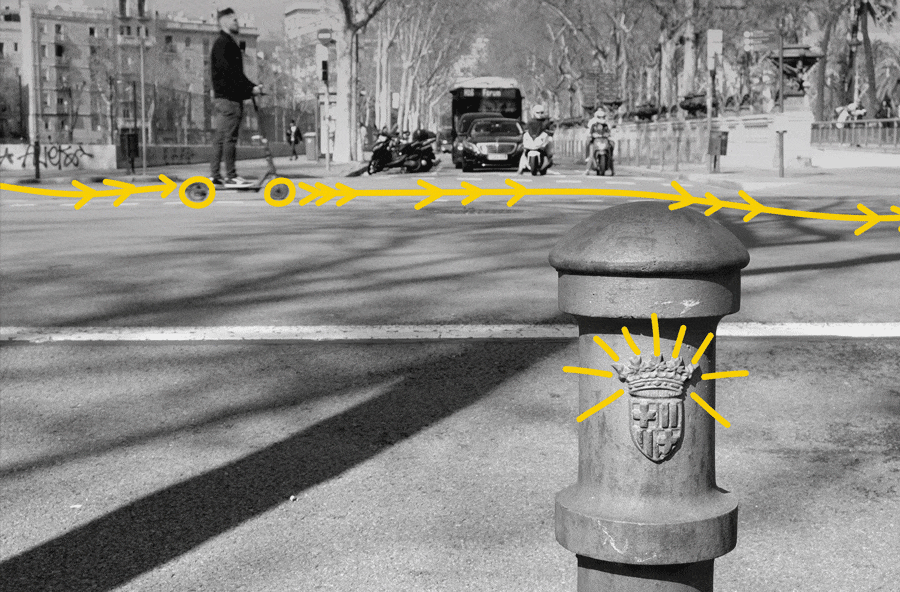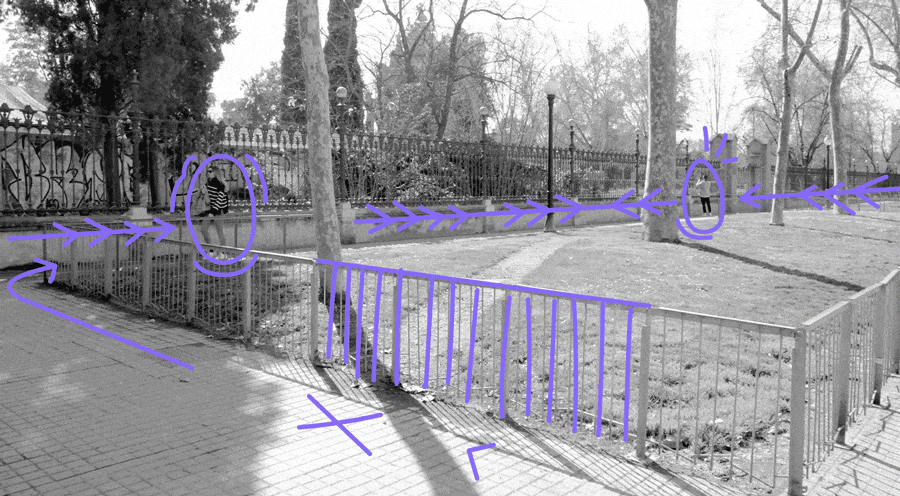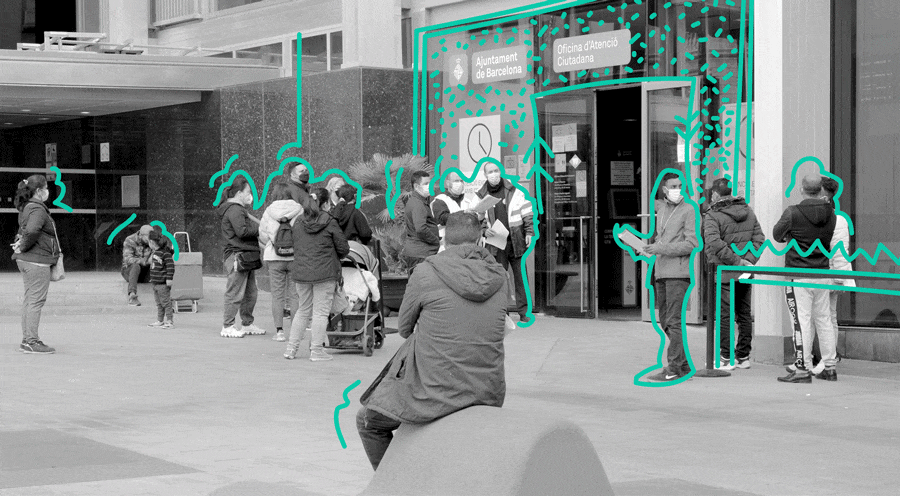
We know that constitutions enshrine the democratic values of a state. We know that laws give public servants the discretion to shape public policies.
We know much less about how that same discretion articulates the democratic values of the state.

Managing the public space implies extending or limiting the rights and privileges of individuals and groups.
Most theories of administrative policymaking in democracies consider the relationship between elected officials and public servants.
Laws leave degrees of discretion to the latter, which allows for the development and deployment of experience.



REPGOV’s fundamental hypothesis is that the structures of public administration reinforce the values of the representative governments they serve.
They do this by shaping the attitudes of both administrators and the public about those values.